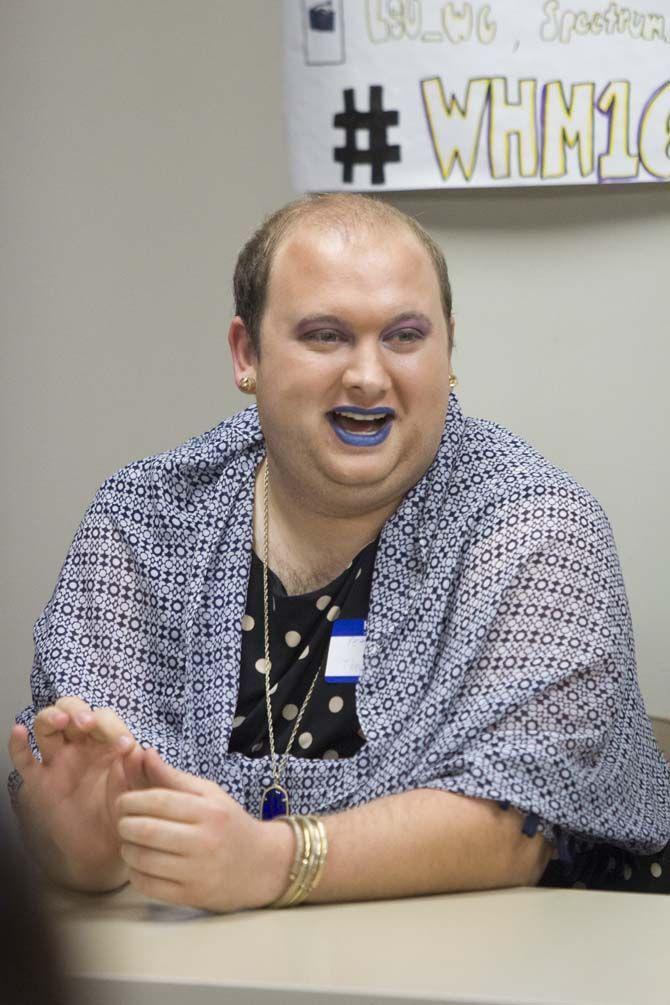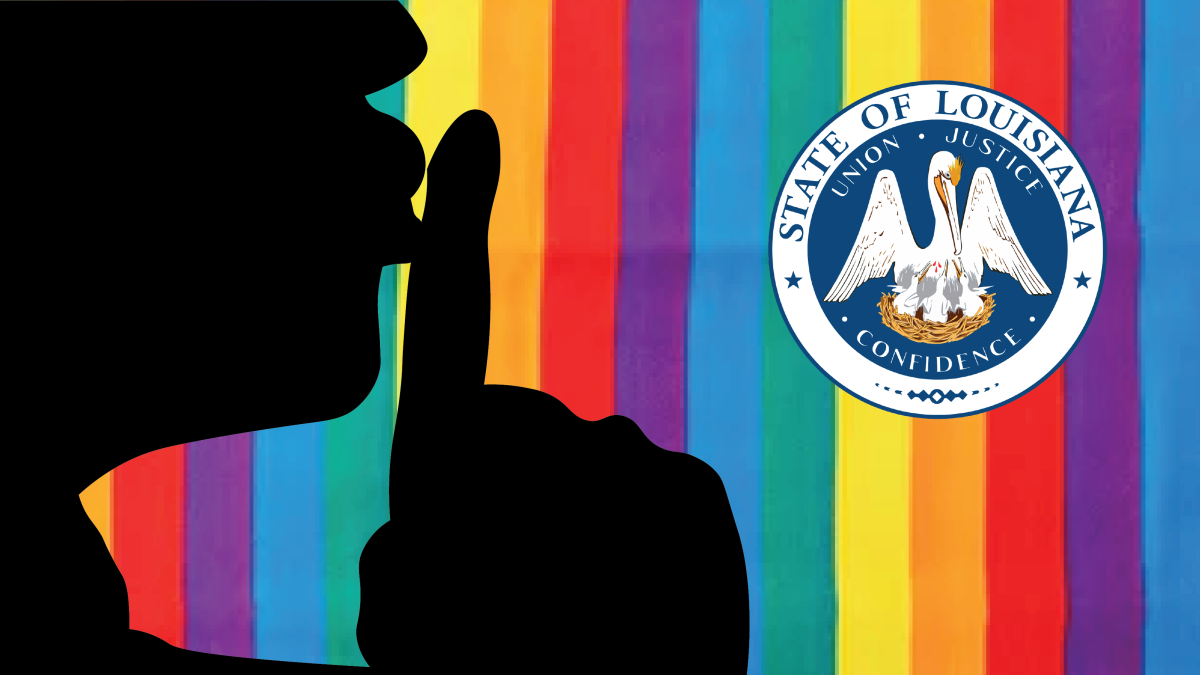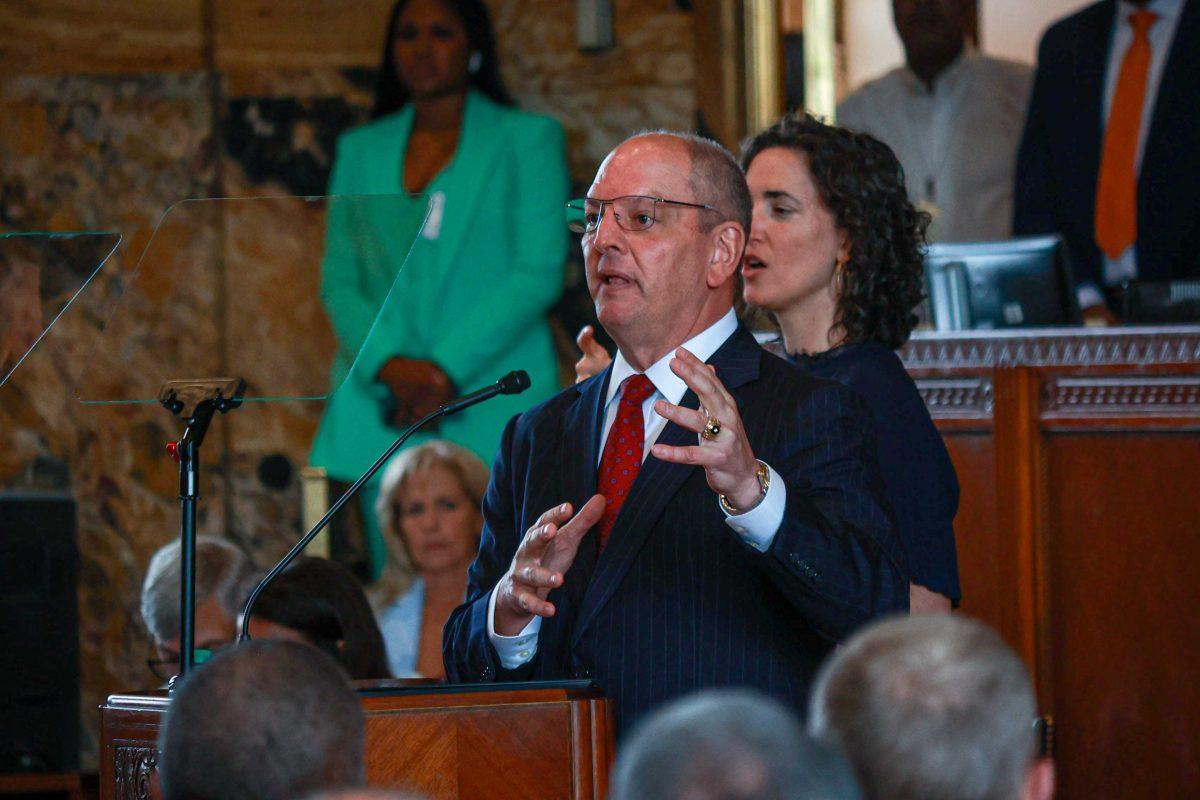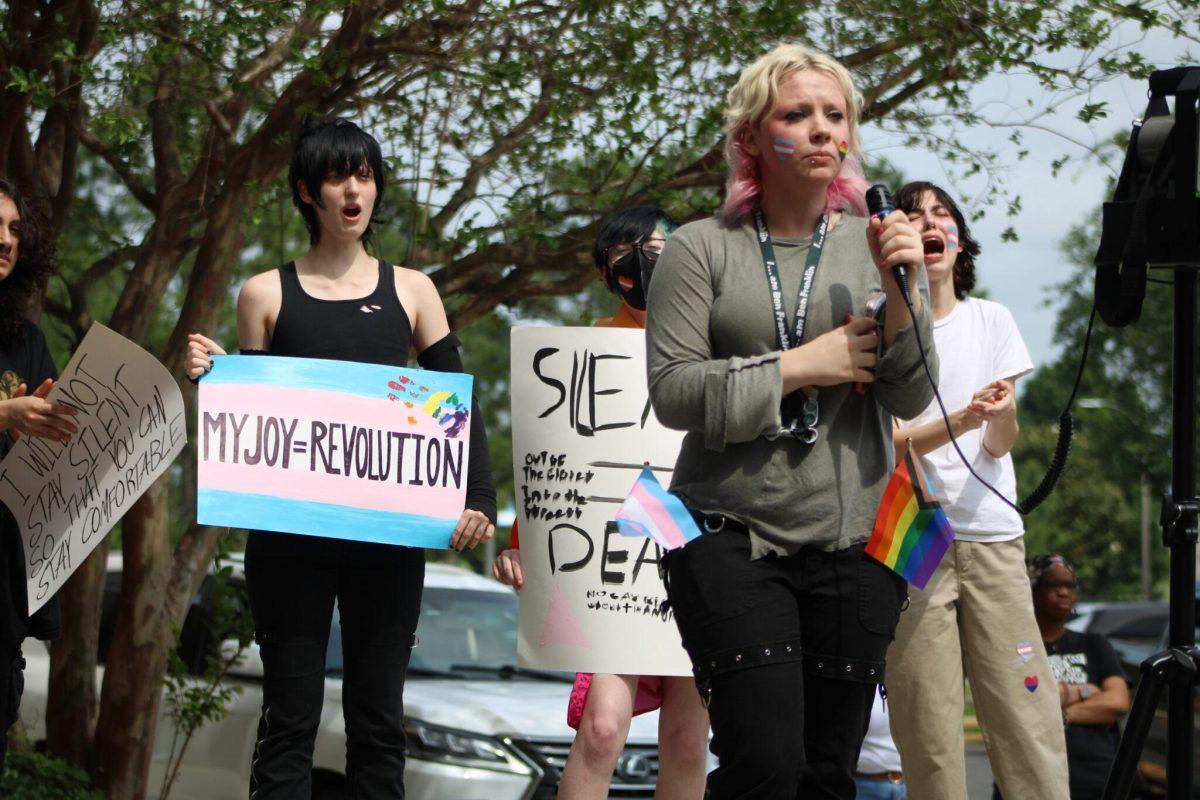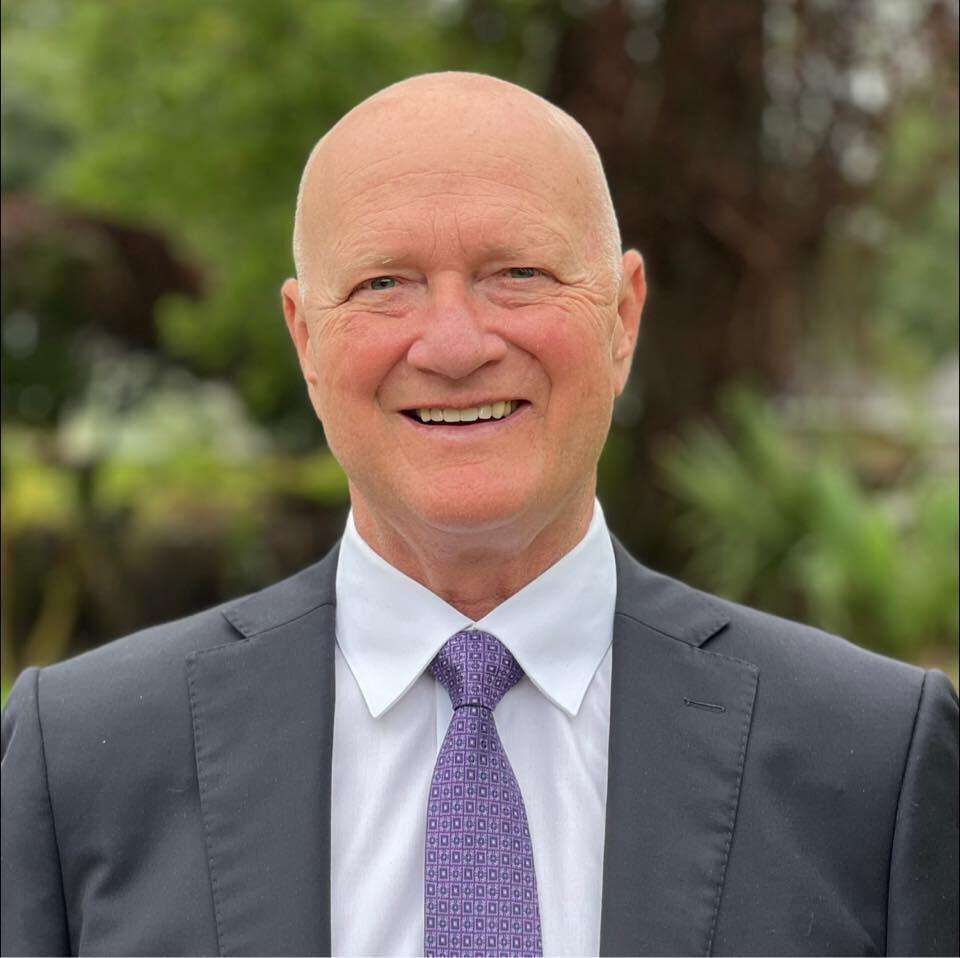A district court judge’s December ruling striking down Democratic Gov. John Bel Edwards’s executive order prohibiting workplace discrimination based on sexual orientation and gender identity may have further repercussions for LGBTQ University students and faculty.
On Dec. 14, 19th Judicial District Court Judge Todd Hernandez, a Republican, struck down the order on state constitutional grounds in favor of Louisiana Attorney General Jeff Landry. In his ruling, Hernandez wrote, “Executive Order JBE 16-11 extends beyond lawful parameters of executive order authority and its adoption and implementation is found to be either a creation of new law and/or an expansion of existing state law.”
Edwards’ executive order specifically guarantees workplace protections for state employees and private contractors with state entities.
Immediately after the ruling, Edwards announced his intentions to appeal the “erroneous decision” at the First Circuit Court of Appeal in Baton Rouge.
Because LSU is a public university under the Legislature and receives state funding, faculty are among those who could be affected by the executive order’s. The University has a policy of inclusion, Vice Provost of Diversity Dereck Rovaris said.
“This is something we have, as an institution, made a commitment to,” he said. “I see us in some respects having to protect rights that have been well fought [for] and well earned that we shouldn’t have to go back and do, but we will. I don’t see any immediate or even down the road problems for any of our community members.”
Natural resource ecology and management senior Courtney Murr is president of Spectrum – a student organization that provides resources for LGBTQ students. Invalidating this executive order sends a message telling LGBTQ students they should still have to hide who they are to get a job, she said.
“I think it’s politicians saying they don’t think our rights to have a job and feel safe in our workplace are important to them. As their constituents, it’s like, who are they really trying to serve here? Are they trying to serve their constituents, or are they trying to get elected, get ahead, play the political game,” Murr said.
Since she’s been in Louisiana, Murr said she’s seen a recurring theme in the Legislature with LGBTQ nondiscrimination ordinances including gender identity in and sexual orientation not passing. Because people don’t understand what a transgender or nonbinary person is, fear arises in the form of prejudice and intolerance, she said.
“Being lesbian, gay or bisexual has become much more widely accepted; whereas being trans or gender nonconforming is not talked about as much, so I think that people still have some wiggle room with how much they’re able to get away with as far as discrimination,” Murr said.
As for the University, Murr said it’s moving “very slowly” in the right direction. While the Student Government resolution to implement gender neutral bathrooms was approved last school year, Murr said there’s still no signage.
Public administration graduate student Karie Holton serves as Spectrum’s graduate project coordinator. Holton’s role is to assist LGBTQ students and work toward policy changes on campus.
While most people at the University are accepting, there’s always going to be some sort of struggle, she said. Access to facilities and policy change in gender neutral bathrooms have been the largest challenges so far.
While many people may not fully understand the scope of gender identity, it’s no excuse for lawmakers to not support LGBTQ legislation because of the transgender protections, Holton said.
“I think at the base of it, it’s just [Attorney General Jeff] Landry hating trans people and doing whatever he can do to not have to accommodate trans people,” she said.
Local LGBTQ activist and University alumni Peter Jenkins has been a leader and voice in the LGBTQ community for several years.
“A lot of the students at LSU are going to go into public employment with the government, and many of us are LGBT,” Jenkins said. “Do we want to tell the most talented students ‘You’re not welcome here, and we don’t want you professionally?’”
Jenkins said they’re fairly confident LGBTQ people will be able to attain the equality that “AG Landry is trying to prevent coming to fruition.” The majority of people in Louisiana don’t agree with denying LGBTQ people their rights, Jenkins said.
Since North Carolina passed and failed to repeal House Bill 2, or the “Bathroom Bill,” the state has lost millions of dollars in halted business expansions, tourism industry revenue and canceled performances and sporting events. The bill requires people to use bathrooms that correspond with the gender designated on their birth certificate. Following the bill’s passage, the NBA All-Star game was moved to New Orleans from Charlotte, North Carolina.
Jenkins and Holton, who are president and vice president of the University’s LGBTQ+ Alumni Chapter, both agree that the tossing out of Executive Order JBE 16-11 could have ramifications similar to those in North Carolina. Louisiana’s economic climate could suffer extreme repercussions, especially if similar measures are passed within the Legislature, Holton said.
“The argument made down here is that being good for LGBTQ is good for business,” she said.
There has been a legal precedent building over the past decade around the issue of sex discrimination and being trans, Jenkins said. The LGBTQ community needs protections across the board because there are a number of people who don’t believe that LGBTQ people are actually discriminated against, Jenkins said.
“[John Bel Edwards’] advisers and [he], felt that issuing this executive order would be the best thing for this state, and they were right,” Jenkins said. “That was absolutely the right move because everyone deserves equal protections under the law.”
LSU LGBTQ community concerned after ruling overturns non-discrimination order
By Lauren Heffker | @laurheffker
January 12, 2017
Nicholas Martino
Co-Owner of Black Sugar Collective, Peter Jenkins, speaks about the importance of trans-inclusion within the feminist movement and scholarship on Monday, March 14, 2016, at the Women’s Center.
More to Discover



